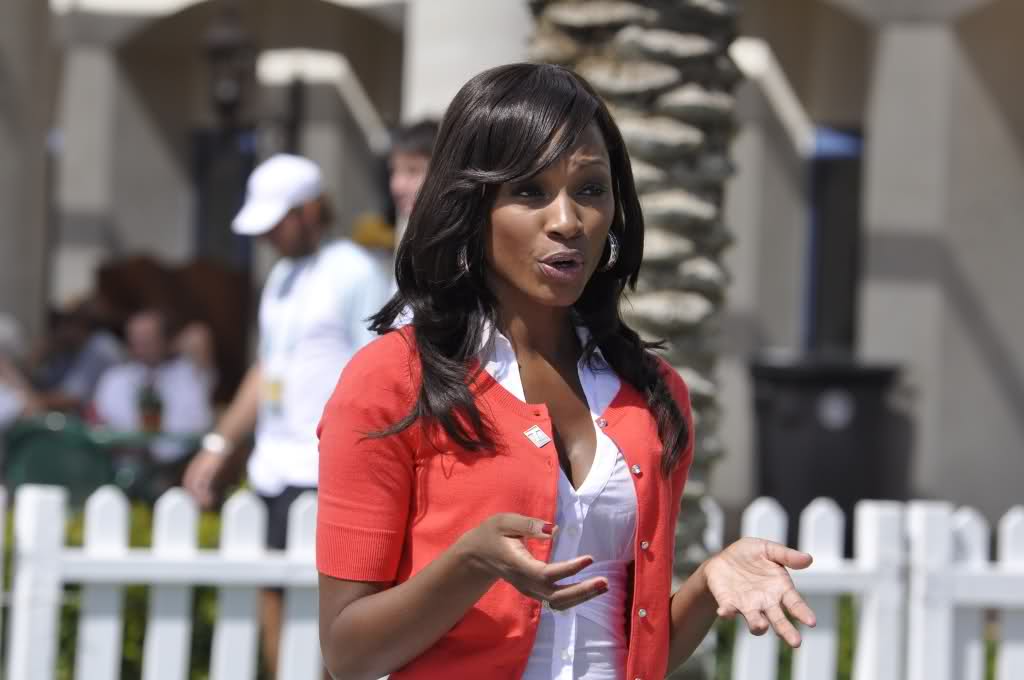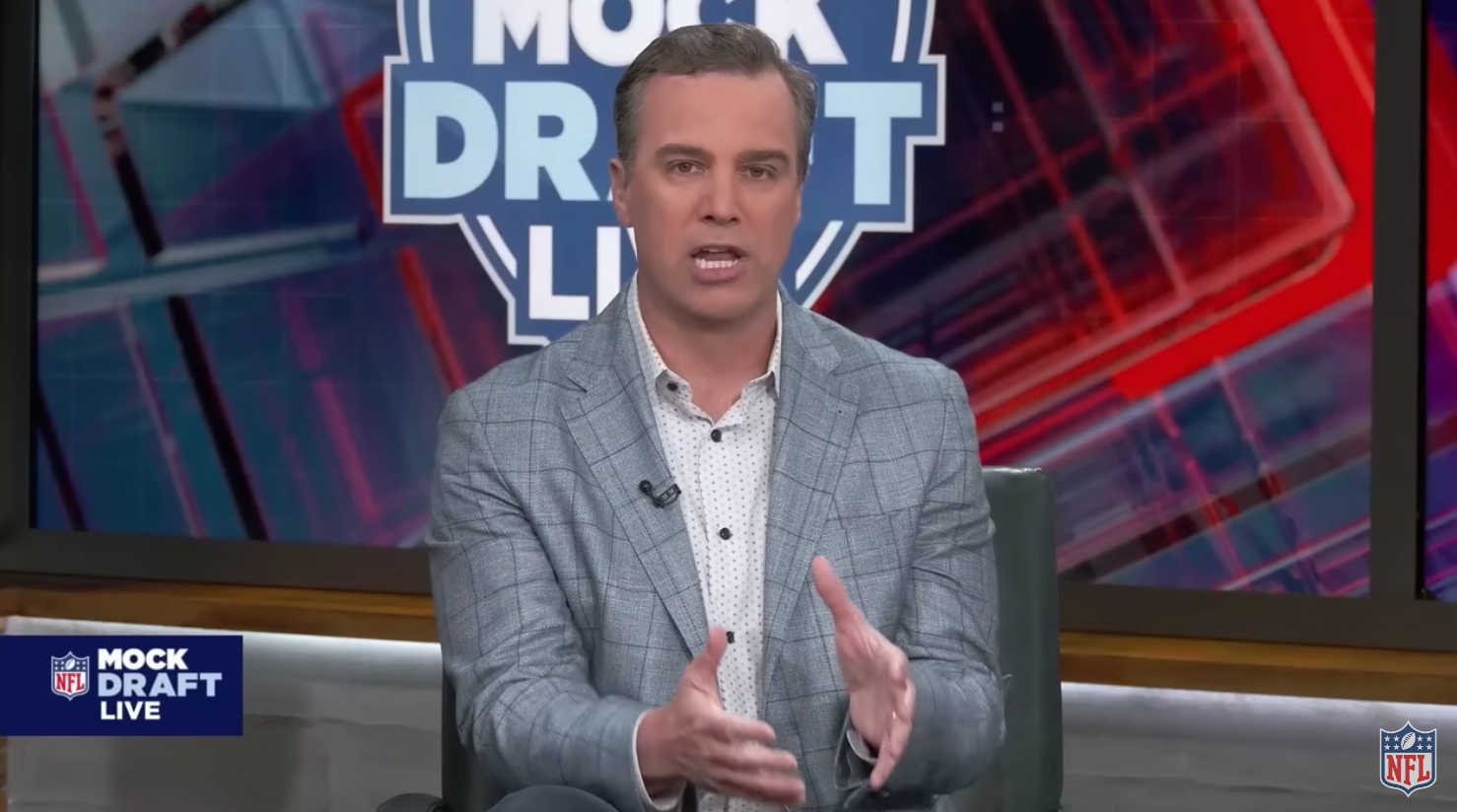Over at Sports Illustrated this week Richard Deitsch’s weekly media column features a panel discussion of sports media personalities of color. Six sportscasters and journalists are present who represent areas both the television and newspaper realms. The entire roundtable is worth your time as the panel touches on issues that are still real today, whether people actually want to admit it or not.
The most jarring segment of the discussion concerned, big surprise, is the racial abuse suffered on social media. The fact that this kind of abuse happens in 2014, on a public forum no less, should cause anyone who cares about humanity or the world around them to take pause. It’s astonishing and it’s the single worst thing about Twitter and social media as a whole.
Here’s what Champion, the co-host of First Take, said about the perils of social media and the racist and sexist tweets she receives on a regular basis…
“More often than I’d like to admit. Working on a national show, five days a week gives me an amazing platform but also a significant amount of social media access. Someone created an account on Twitter to send me some very racist/sexist messages. My immediate response was to block whomever but they persisted. And while everyone says ‘Don’t read it’ and ‘Ignore it,’ I’m here to say it doesn’t always work. No matter how hard you try, a few messages will catch you. When I first began work at First Take it really bothered me because the words were very hateful, words that no one would dare say to your face. But unfortunately and fortunately, I’ve become immune. We live in a social media world where I now expect it. (Anyone with a public platform can more than likely relate.) There have been a few instances where ESPN security had to respond. To that end I’m more selective about who or whom I interact with and engage on social media.”
Perhaps the most disconcerting element about social media is that real people can say anything they want, however hideous it may be (usually under anonymous handles) without consequence on most occasions. It’s a game to these trolls even though there are other real people that are the targets of this abuse. Hill’s response to the abuse she’s encountered on social media was perhaps even more startling…
“Every day, I’m told to either go back to the kitchen or back to Africa. In fact, I checked my Twitter mentions 10 minutes after writing this, and a tweeter called me a monkey. It’s unacceptable, but I came to the conclusion a long time ago that this was part of the job. I hate that I compartmentalize it that way because I’m giving a pass to those who verbally abuse people on social media. I can’t afford to be impacted by it because if I am, then I can’t do my job. I’d cry myself to sleep every night if I let what some idiots say on social media change how I did my job or what I thought of myself.”
This is appalling and it shows the seriousness of what some individuals like Hill and Champion and others have to deal with in social media on a daily basis. Tim Kawakami of the San Jose Mercury News said 20-25% of the negative tweets he receives have a racist overtone to them.
It reminds me of what we’ve seen with people tweeting terrible things to college recruits. Just look at what Jabari Parker had to deal with when he committed to Duke and all the horrible abuse flung his way. If you click the link, you’ll see the bottom rung of society. It includes racial and homophobic slurs and people wishing injury upon him or worse. Of course, nobody would say these kind of things to Parker or Hill or Champion face to face. However, the anonymity and separation provided by social media allows individuals to safely lob whatever arrows they like at others.
The verbal abuse on social media that occurs everywhere, especially in sports, is extremely troubling and these platforms need to consider serious steps to stamp it out.








Comments are closed.